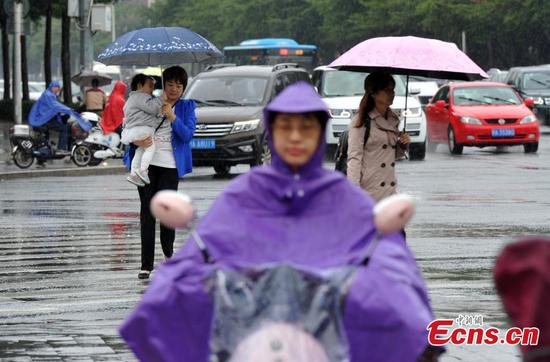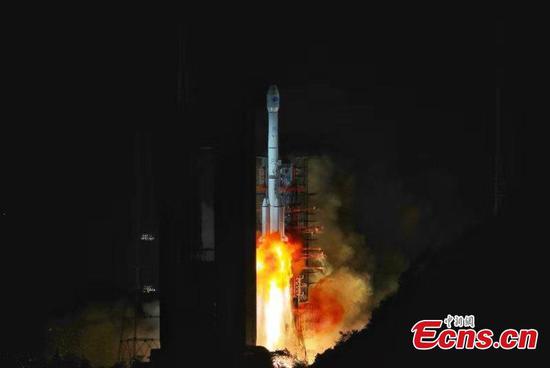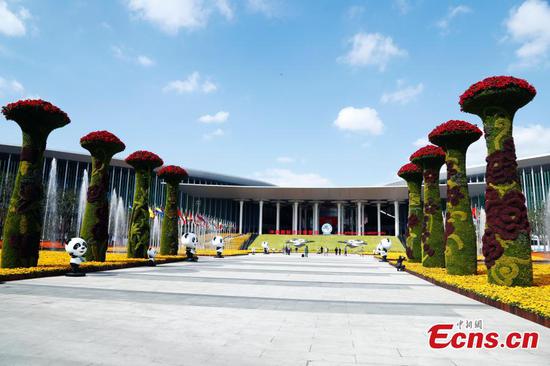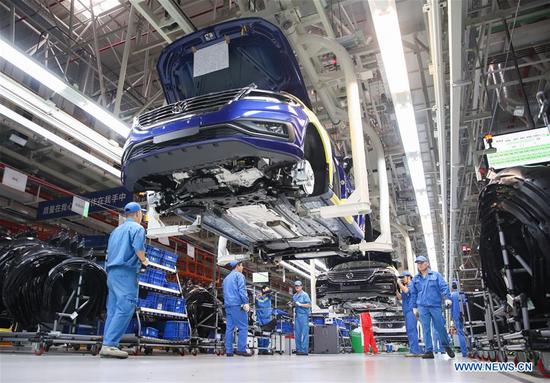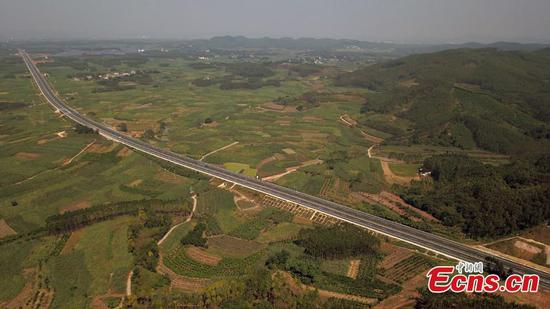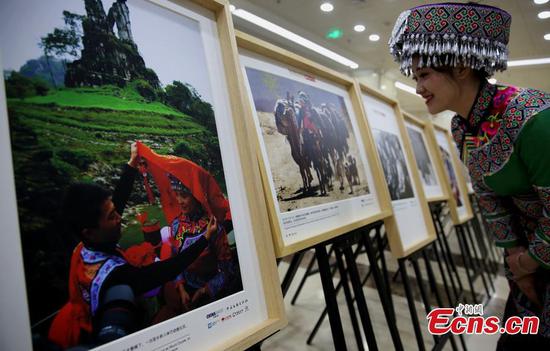A smart park opened Thursday in Beijing, featuring artificial intelligence (AI) applications from Chinese search engine giant Baidu as the company ratchets up efforts in applying AI technologies to make life and work easier and more entertaining.
Located in northwest Beijing's Haidian District, the park has autonomous buses, smart walkways tracking people's steps using facial recognition, intelligent pavilions equipped with the company's conversational system DuerOS, and augmented reality Tai Chi lessons.
The opening of the smart park came with Baidu's latest plan, announced Thursday at the Baidu World technology conference, to build smart cities.
Called "ACE," the plan aims to promote autonomous driving, connected roads and an efficient city. Beijing and Shanghai will be the program's first pilot cities, focusing on improving urban management and upgrading industries with state-of-the-art technologies respectively, according to Baidu's chairman and CEO Robin Li.
"The real solution to traffic congestion will come from AI, not internet technologies," Li said. "AI-based traffic management is more sensitive and timely, and can reduce congestion time by 30 percent to 40 percent, more than double that of traditional methods."
Baidu also unveiled a partnership with domestic automobile maker Hongqi to develop a near-full autonomous vehicle in 2019 and achieve mass production by the end of 2020. The company's first fully autonomous Apolong minibuses, rolled out earlier this year, is now running in over 10 locations.
The Nasdaq-listed firm delivered a solid third quarter financial performance, with revenue growing 27 percent year-on-year to 28.2 billion yuan (4.07 billion U.S. dollars).










